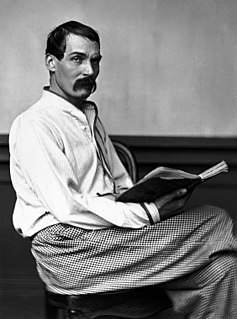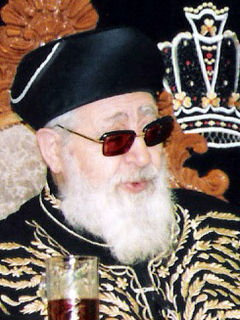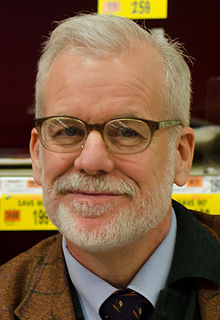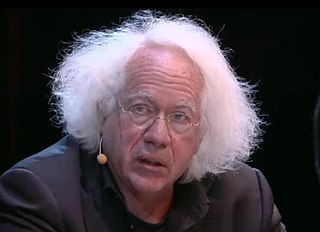A Quote by William Styron
Most books, like their authors, are born to die; of only a few books can it be said that death has no dominion over them; they live, and their influence lives forever.
Related Quotes
In Israel, death has no dominion over them With gentiles, it will be like any person – they need to die, but [God] will give them longevity. Why? Imagine that one's donkey would die, they'd lose their money. This is his servant That's why he gets a long life, to work well for this Jew. Gentiles were born only to serve us. Without that, they have no place in the world – only to serve the People of Israel.
The reason some crime writers have a chip on their shoulder about the label is because their good books are shelved beside books about nuns and birdwatchers and cats who solve crimes. Overseas, my books are reviewed alongside those of authors like Robert Stone and Don DeLillo, and I have to live and die by that comparison. They don't ghettoize crime writers in other countries, and of course they shouldn't.
We all know that books burn, yet we have the greater knowledge that books cannot be killed by fire. People die, but books never die. No man and no force can put thought in a concentration camp forever. No man and no force can take from the world the books that embody man's eternal fight against tyranny of every kind.
The books in Mo and Meggie's house were stacked under tables, on chairs, in the corners of the rooms. There where books in the kitchen and books in the lavatory. Books on the TV set and in the closet, small piles of books, tall piles of books, books thick and thin, books old and new. They welcomed Meggie down to breakfast with invitingly opened pages; they kept boredom at bay when the weather was bad. And sometimes you fall over them.
Teachers and librarians can be the most effective advocates for diversifying children's and young adult books. When I speak to publishers, they're going to expect me to say that I would love to see more books by Native American authors and African-American authors and Arab-American authors. But when a teacher or librarian says this to publishers, it can have a profound effect.
I pledge to set out to live a thousand lives between printed pages. I pledge to use books as doors to other minds, old and young, girl and boy, man and animal. I pledge to use books to open windows to a thousand different worlds and to the thousand different faces of my own world. I pledge to use books to make my universe spread much wider than the world I live in every day. I pledge to treat my books like friends, visiting them all from time to time and keeping them close.
I particularly love where I work because I was born, raised, and still live in the Bronx. I work in a Bronx location, so it's very fulfilling to me to be working in my home borough, and working with kids that are a lot like me and who can see themselves in me. My own teaching philosophy is to expose them to books that they might not otherwise read, particularly authors of color, authors whose stories are based in New York City.
The current publishing scene is extremely good for the big, popular books. They sell them brilliantly, market them and all that. It is not good for the little books. And really valuable books have been allowed to go out of print. In the old days, the publishers knew that these difficult books, the books that appeal only to a minority, were very productive in the long run. Because they're probably the books that will be read in the next generation.
But even now, with the crates piled high in the hall, what I see most plainly about the books is that they are beautiful. They take up room? Of course they do: they are an environment; atoms, not bits. My books are not dead weight, they are live weight — matter infused by spirit, every one of them, even the silliest. They do not block the horizon; they draw it. They free me from the prison of contemporaneity: one should not live only in one’s own time. A wall of books is a wall of windows.





































